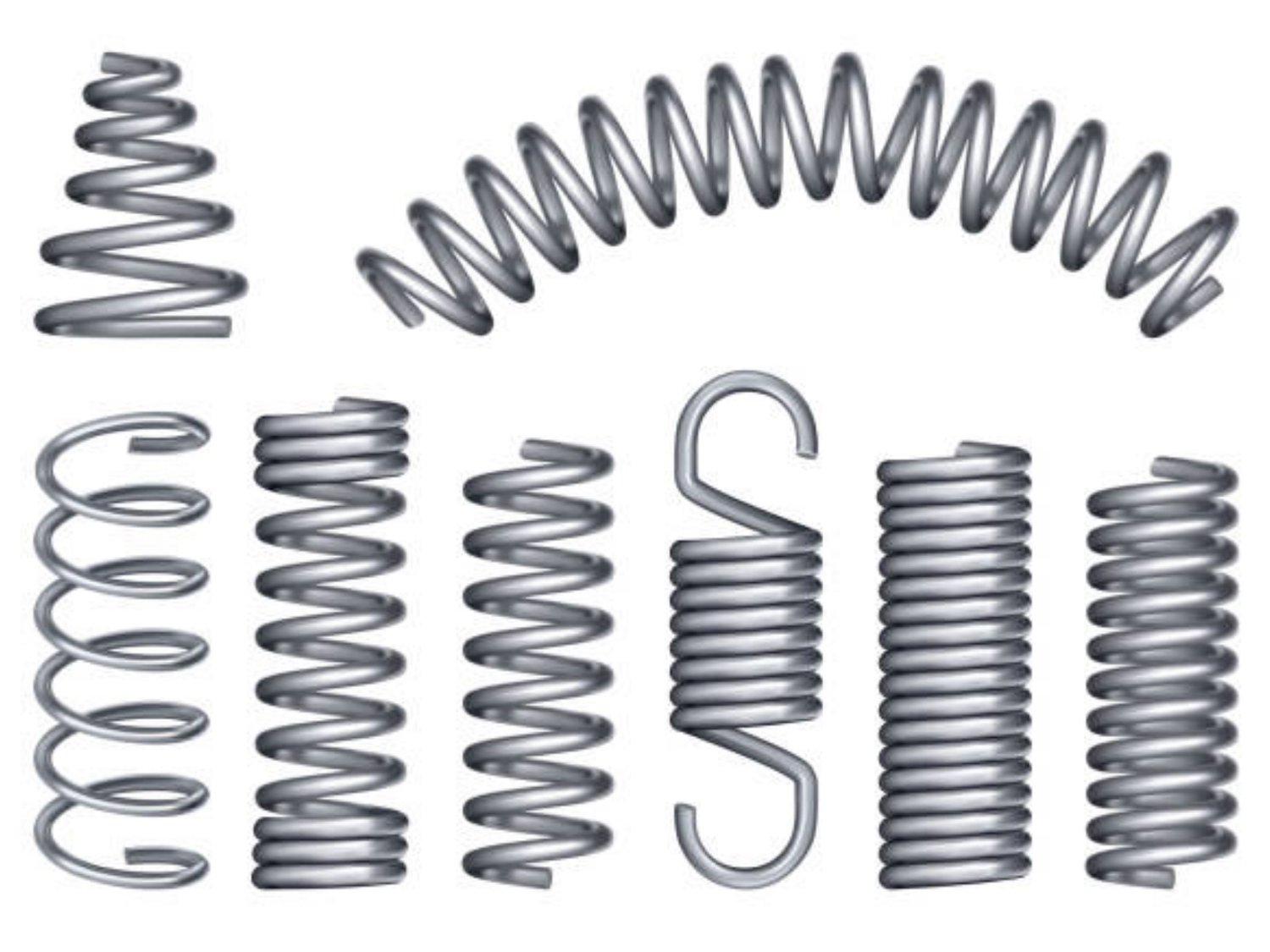Introduction
As a car owner, one of the essential components that keep your car running smoothly is the suspension system, which includes the springs. However, over time, springs can wear out, making your car feel bumpy and unsafe to drive. In this article, we will discuss how to detect bad springs, what signs to look out for, and how to fix the problem to ensure your safety on the road.
What are Springs?
Springs are an integral part of your car's suspension system. They are coiled metal wires that support the weight of the car and absorb any shock or vibration when driving over uneven terrain. They help keep the vehicle balanced, steady and improve overall control of the car on the road.
How Do Bad Springs Affect Your Car?
If your car's springs are worn out or damaged, it can affect your car's handling and ride quality. Your car may bounce or sway excessively, your car's stability may be affected, and you may have difficulty steering your car. This can also lead to uneven wear on tires, which can affect your car's braking and acceleration, among other things.
What are the Signs of Bad Springs?
Some common signs of bad springs include:
- Bumping and shaking while driving over uneven surfaces.
- Your car appears to sag or droop, especially on one side.
- The ride feels excessively bouncy or rough.
- Difficulty steering the car
- Creaking or clunking noises coming from your car's suspension system.
How to Check if You Have Bad Springs?
It's challenging to check if your car's springs are worn out without taking your car into the shop. However, you can still perform some basic checks to determine if you need to get your springs serviced. A simple test involves bouncing your car by pushing down on each of the corners and observe how many times it bounces before settling down. If it bounces more than twice, it's a good sign you may need new springs.
What Causes Springs to Wear Out?
Springs can wear out for several reasons, including:
- Prolonged exposure to high heat and loads
- Corrosion
- Frequent heavy loads
- Driving on rough terrain
- Age of the springs (typically lasts between 60,000 - 100,000 miles)
How to Fix Bad Springs?
If you suspect your car's springs are worn out, take your car to a licensed mechanic, and they will perform a full inspection, diagnose the problem and recommend replacement or repair options. They will likely recommend new springs if the problem is too severe. However, replacement springs come in different sizes, strengths, and types, so it's best to discuss with your mechanic to determine which option best suits your car's needs.
How Much Does it Cost to Replace Springs?
The cost of replacing springs can vary depending on the make and model of your car, but typically it ranges between $200-$1,000. However, you may want to factor in the cost of additional repairs that may arise during the inspection. Also, replacing all the springs simultaneously may be cost-effective in the long run.
How to Maintain Your Springs?
Maintaining your suspension system, including your springs, can help extend their lifespan and keep you safe on the road. Some maintenance tips include:
- Seal and lubricate the springs regularly.
- Inspect the springs, shocks, and struts regularly for any signs of wear and damage.
- Replace worn-out springs regularly or at least when the signs of wear are noticed.
- Ensure your car's weight is evenly distributed.
Conclusion
In conclusion, your car's springs are a crucial component of your car's suspension system. Worn out springs can affect your car's overall performance, handling, and stability on the road, which can pose safety risks. Keep an eye out for common signs and perform regular checks and maintenance, and if you suspect your springs are worn out, take your car in for inspection and replacement.

